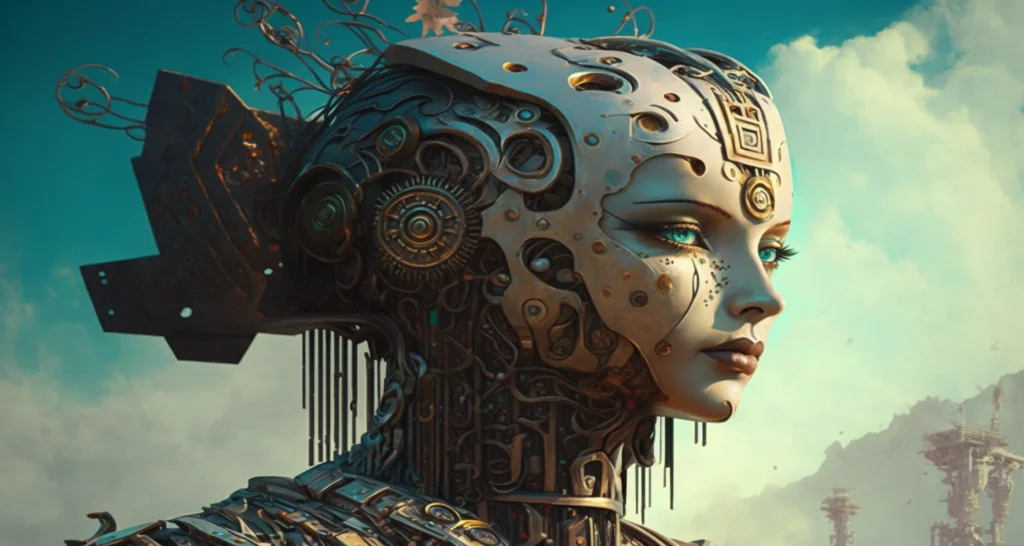Scientists have found a way to protect highly fragile quantum systems from noise, which could help design and develop new quantum devices such as ultra-high-performance quantum computers.

Scientists at the University of Cambridge have shown that microscopic particles can remain intrinsically connected or entangled over long distances even when random disruptions occur between them. Using the mathematics of quantum theory, they have discovered a simple solution where entangled particles can be stabilized even in the presence of noise, taking advantage of a previously unknown symmetry in quantum systems.
Their results, published in the journal Physical Review Letters, open a new window into the mysterious quantum world that could revolutionize future technology by preserving quantum effects in a “noisy” environment, which is the biggest obstacle to developing this technology. Harnessing this capability will be at the heart of ultrafast quantum computers.
Quantum systems are based on the peculiar behavior of particles at the atomic level and could revolutionize how complex computations are performed. While a normal computer bit is an electrical switch that can be set to one or zero, a quantum bit or q-bit, can be set to one, zero, or both states simultaneously. Further, when two q-bits are “entangled,” an operation on one will immediately affect the other, no matter how far apart they are. This dual state gives the quantum computer its performance. A computer built with entangled qubits instead of normal bits could perform calculations far beyond the capabilities of even the most powerful supercomputers.
Now Dutta and his co-author Professor Nigel Cooper have discovered a robust quantum system in which a few q-bits remain entangled even with a lot of noise. Moreover, they showed that this hidden symmetry protects the entangled pairs and allows their number to be controlled from zero to the largest maximum value. “Uncontrolled environmental perturbation is bad for the survival of quantum effects like entanglement, but one can learn a lot by deliberately engineering specific kinds of perturbations and observing how particles react,” said Dutta. “We have shown that a simple form of perturbation can create and preserve many entangled pairs, which is a big incentive for experimental developments in this field.”
Several companies, most notably IBM and Google, have developed working quantum computers, though so far they have been limited to fewer than 100 qubits. They require almost complete isolation from noise and even then have very short lifetimes, mostly just a few microseconds. Both companies plan to develop a 1,000-qubit quantum computer within a few years, although it is unlikely that they will even reach real deployment unless stability problems are overcome.













